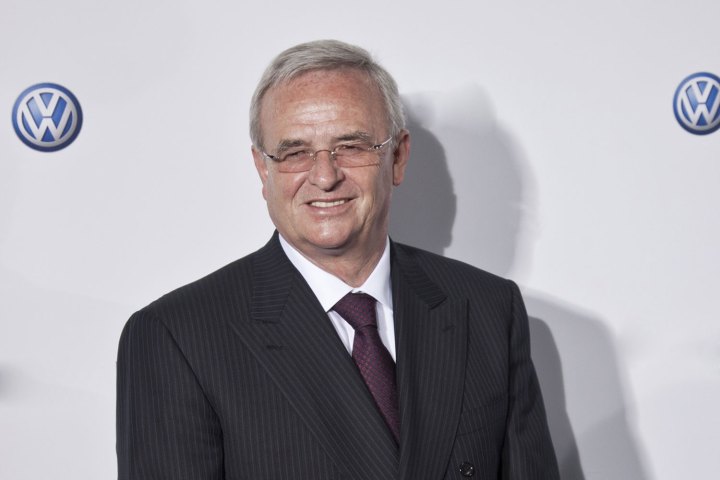
The “irregularities” he speaks of refer to the “defeat device” discovered in certain diesel VW and Audi vehicles engineered to recognize the car is in the middle of an emissions test, and alter its output for a more favorable result.
On September 18th, the Environmental Protection Agency issued a notice of violation of the Clean Air Act to Volkswagen AG when it came to light that certain Audi and VW four-cylinder diesel models were engineered to cheat on emission test results.
“Using a defeat device in cars to evade clean air standards is illegal and a threat to public health,” said Cynthia Giles, Assistant Administrator for the Office of Enforcement and Compliance Assurance.
A statement from the Executive Committee of Volkswagen AG’s Supervisory Board says that they “recognize not only the economic damage caused, but also the loss of trust among many customers worldwide.” The statement goes on to note that Winterkorn had no knowledge of the manipulation of emissions data and that they are “expecting further personnel consequences in the next days.”
“The process of clarification and transparency must continue. This is the only way to win back trust,” Winterkorn concluded. In the wake of other scandals involving other major auto manufacturers, VW’s battle to earn back trust will be a steep hill to climb.
No word yet on who will replace Winterkorn, temporarily or otherwise. We’ve reached out to the EPA inquiring what penalties Volkswagen will face and how they intend to enforce them. We will update this story as we gather more news.


